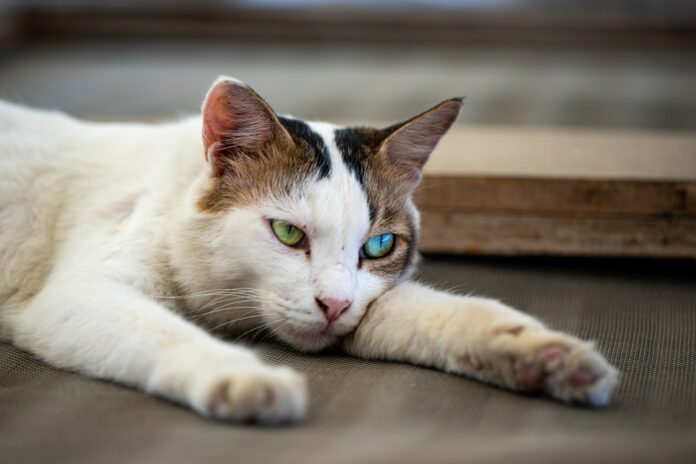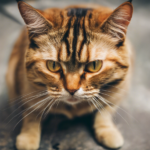Introduction
Joint pain in cats is a common but often misunderstood condition that can cause significant discomfort and distress to affected cats. While joint pain is often associated with aging cats, it can occur in cats of any age and can be caused by various conditions. It is therefore important for cat owners to understand the potential causes of joint pain in order to provide the most effective care and treatment for their beloved pet.
Understanding Joint Pain in Cats
Joint pain, or arthralgia, is a condition characterized by inflammation and pain in one or more of the cat’s joints. Various conditions, including trauma, infection, or autoimmune diseases, can cause this. Joint pain can also be the result of arthritis, which is a degenerative condition that affects the cartilage within the joint. Arthritis is the most common cause of joint pain in cats and can be caused by normal wear and tear, genetic predisposition, or injury.
Signs and Symptoms
Cats can be very stoic when it comes to pain, so it is important to be aware of the signs and symptoms of joint pain. The most common signs of joint pain in cats include:
• Limping or lameness
• Difficulty rising or jumping
• Changes in activity level
• Reluctance to move
• Swelling or tenderness around the joints
• Reluctance to be touched
• Changes in behavior, such as irritability or aggression
Diagnosing Joint Pain in Cats
If you suspect your cat suffers from joint pain, it is important to take them to the vet for an accurate diagnosis. Your vet will conduct a physical examination and may order additional tests to help determine the cause of your cat’s joint pain. These tests may include blood tests, x-rays, or an ultrasound.
Treating Joint Pain in Cats
Once your vet has identified the cause of your cat’s joint pain, they can recommend a treatment plan. Treatment will depend on the underlying cause of the joint pain but may include the following:
• Pain relief medications such as non-steroidal anti-inflammatory drugs (NSAIDs)
• Joint supplements to reduce inflammation and improve joint function
• Physical therapy and exercise to improve mobility and reduce pain
• Surgery, if necessary
Preventing Joint Pain in Cats
The best way to prevent joint pain in cats is to ensure that they remain active and healthy. Regular exercise and playtime can help maintain joint health and reduce the risk of arthritis. Providing your cat with a balanced diet that includes essential vitamins and minerals can also help to keep its joints healthy. Additionally, it would be best to keep your cat updated on its vaccinations and preventative treatments to reduce the risk of infection.
Conclusion
Joint pain in cats is a common but often misunderstood condition that can cause significant discomfort and distress to affected cats. While joint pain is often associated with aging cats, it can occur in cats of any age and can be caused by a variety of conditions. It is therefore important for cat owners to be aware of the signs and symptoms of joint pain in order to provide the most effective care and treatment for their beloved pet. With the proper diagnosis and treatment plan, cats with joint pain can live happy and healthy lives.
















